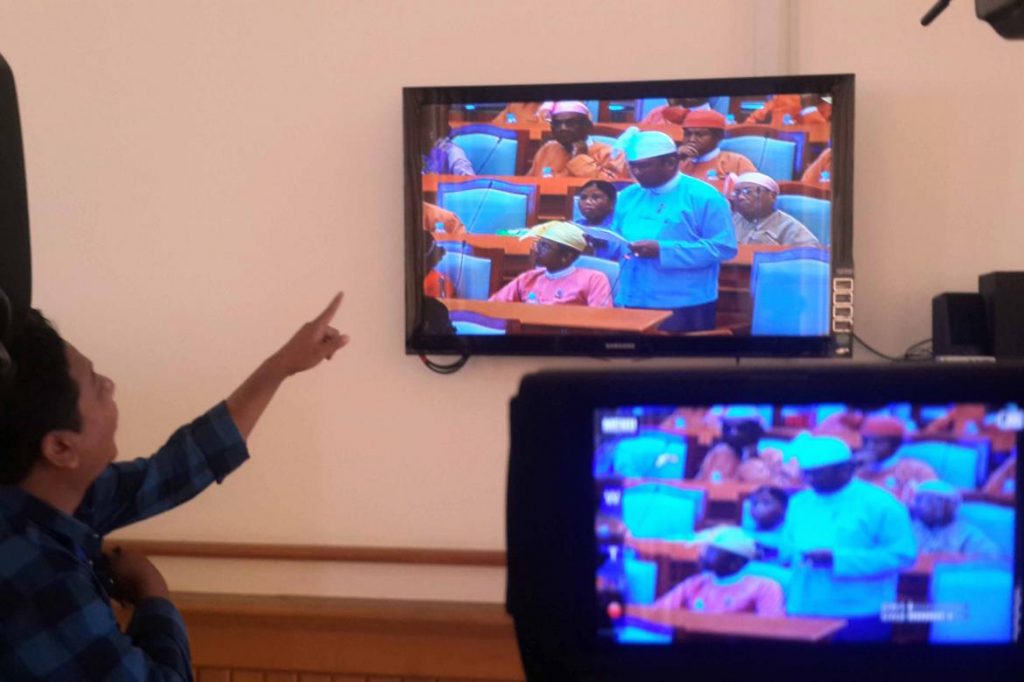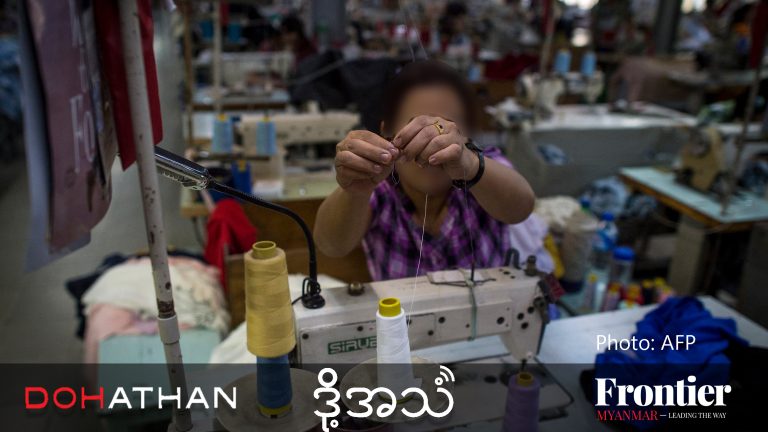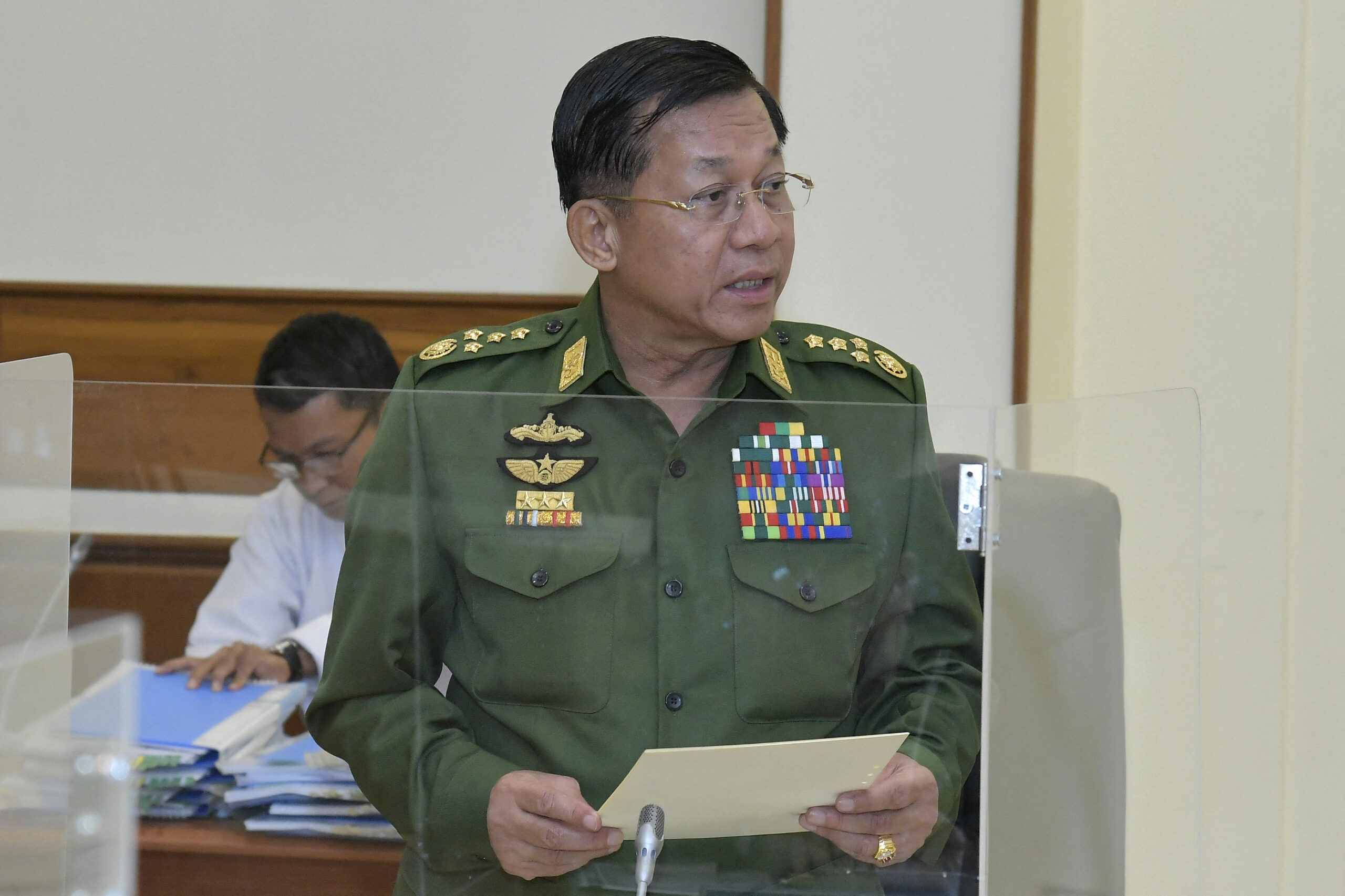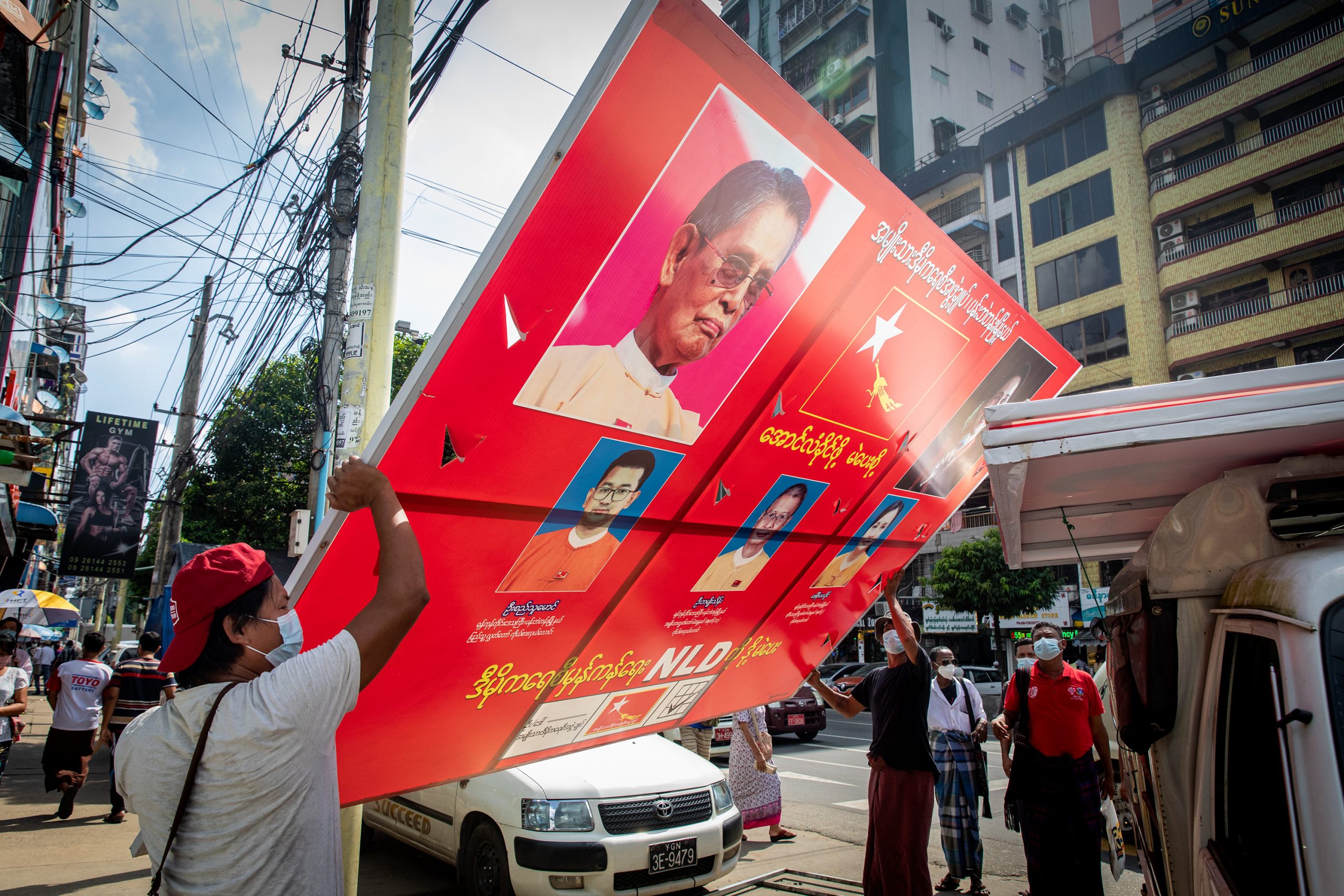By NYAN HLAING LYNN | FRONTIER
NAY PYI TAW — National League for Democracy lawmakers on Friday proposed taking the axe to state-owned factories, with budget support for 44 of 52 projects likely to be cut off.
During a discussion on the National Planning Bill for 2017-18, which outlines the government’s economic plans and priorities for the fiscal year, lawmakers instead proposed reallocating the funds to community development projects.
All NLD lawmakers who discussed the national plan supported ending funding to the factories, many of which have sustained heavy losses.
“The 44 large state-owned factories should stop for the time being because they are not economically viable and may not do any good for the country and the people,” said Daw Thiri Yadana (NLD, Mon-12).
Support more independent journalism like this. Sign up to be a Frontier member.
“A decision should only be made after they have all been properly reviewed,” she said.
Union ministers will begin responding to questions from lawmakers about the projects on Monday, Pyidaungsu Hluttaw Speaker Mahn Win Khaing Than said at the end of the discussion.
Lawmakers will then make a final decision about whether to halt funding, he said.
Although many state-owned enterprises have been privatised or shut down, they continue to be a major drain on the state budget.
Citing government figures, the World Trade Organization said in 2014 report that SOEs consume 75 percent of the state budget and incur annual losses of around 5 percent of GDP. In current terms, that would be the equivalent of more than K4.174 trillion a year (US$3 billion), about the size of the government’s budget deficit.
But some Union Solidarity and Development Party lawmakers cautioned against making large cuts to funding for state factories, including former Minister for Industry U Maung Myint.
Maung Myint, now representing the Pyithu Hluttaw seat of Mingin, said MPs should not make the “wrong decision” on state enterprises based on their “philia or phobia”.
“A decision that considers the interests of citizens without neglecting staff [of state-owned enterprises] is needed,” said Maung Myint, who took over as Minister for Industry from U Soe Thane in July 2013. “Problems [at state enterprises] cannot be solved just by stopping the construction of a factory. I think MPs would already know that.”
He cited the case of the No. 1 Steel Mill in Myingyan, which is being built by the Ministry of Industry. According to the ministry’s website, the mill is being built in three phases, between 2010 and 2019, at a total cost of 1 billion euros ($1.07 billion).
“If the budget is not given to complete the project, interest will still have to be paid on the loans,” he said.
He said the sooner the projects were implemented and manufacturing began the better it would be for the country.
Another USDP lawmaker, U Thein Tun (Pyithu Hluttaw, Kyaunggon), said that because large amounts had already been invested in the projects it made sense to continue rather than suspend or cancel them.
But he said a closer examination of the individual projects was needed before making a final decision on whether to suspend them







